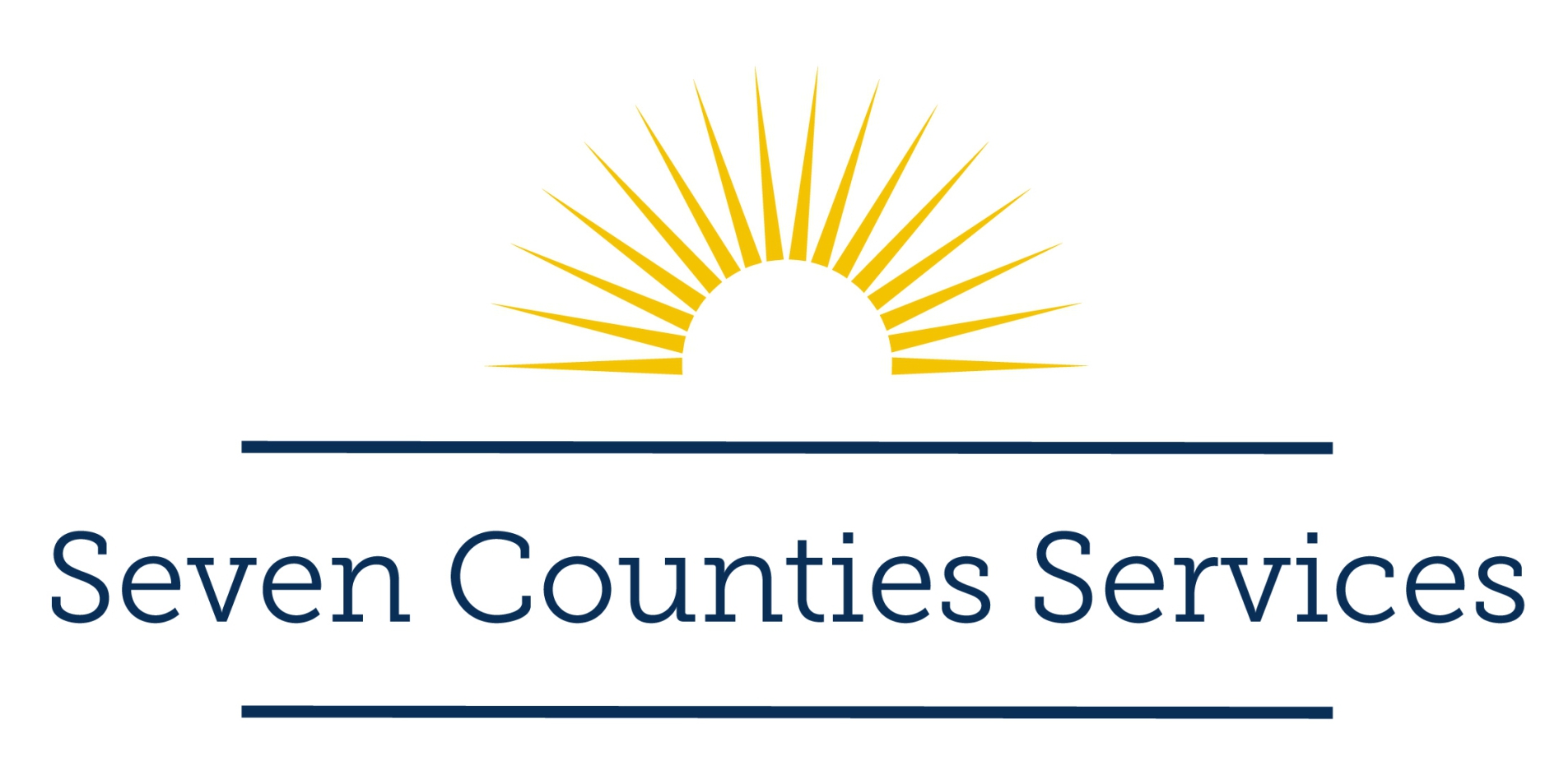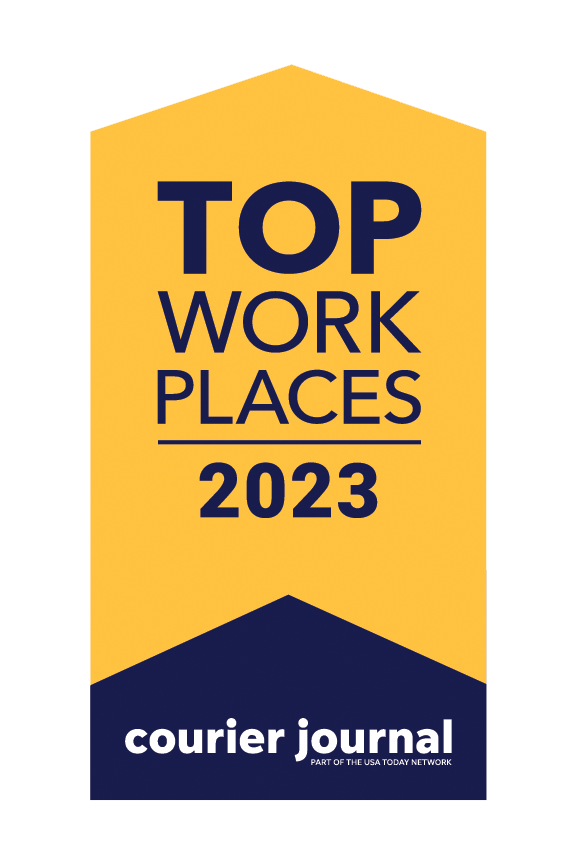FAQ
Seeking mental health services can be a difficult and confusing process. That’s why we’ve created this page to provide you with easy access to frequently asked questions about our services. Our team of professionals is dedicated to helping individuals and families overcome challenges related to mental illness, addiction, and developmental disabilities. We hope that this FAQ page will provide you with the information you need to make informed decisions about your mental health care.
What is Mental Health?
Mental health refers to a person’s overall emotional, psychological, and social well-being. It encompasses how a person thinks, feels, and behaves, and how they are able to cope with the normal stresses of life. A person’s mental health can be affected by various factors such as life events, genetic predisposition, and biology.
What Do I Do if I’m Worried About My Mental Health?
If you are worried about your mental health, there are a few steps you can take to get the help and support you need:
- Talk to a trusted friend or family member: Talking to someone you trust about your feelings and concerns can help you feel better and can also help you gain a new perspective on your situation.
- See a mental health professional: Mental health professionals, such as Seven Counties Services, can provide an assessment and treatment plan to help you live a happier and healthier life. Request a first appointment with us today by clicking here.
- Take care of your physical health: Eating a healthy diet, getting enough sleep, and exercising regularly can all help improve your mood and overall well-being.
- Practice self-care: Engage in activities that you enjoy, take time to relax, and find ways to reduce stress in your life.
It’s important to remember that seeking help for mental health issues is a sign of strength and courage. There’s no shame in asking for help and support when you need it, and it is important to take care of your mental health just as you would take care of your physical health.
Do Mental Health and Substance Use Treatment Work?
Treatment does work! Both mental health and substance use treatment can be effective in helping you or someone you love to recover from mental health or substance use disorders. We believe that everyone has the ability to change and improve their life!
What Can I Expect at My First Appointment?
Plan for 1-2 hours for your first visit with us. It is important that you arrive 15-20 minutes before your appointment to complete any paperwork. Make sure to bring a list of medications that you are taking, a list of mental health, developmental disabilities, or substance use services that you have received in the past, your insurance or medical card, proof of income, and emergency contact information. If you are under the age of 18, a parent or guardian must attend with proof of guardianship. It’s important to be open and honest during your appointment and to ask any questions you may have about your diagnosis or treatment. Remember that recovery is a journey, and it’s important to have patience and give the treatment time to work.
My Family Members Speak Limited English. Are Translation Services Available?
Interpreters will be provided upon request for those who do not speak English.
How Much Do Services Cost?
We serve individuals with or without insurance, although copayments and sliding fee schedules may apply. Seven Counties Services currently accepts Medicare and Medicaid, most commercial insurances, and Tricare. The journey for everyone is different, but our passion is to be with you every step of the way!
Where Do I Start if I Think Someone I Know Might Need Mental Health or Substance Use Services?
If you think someone you know might need mental health or substance use services, here are some steps you can take to help:
- Start the conversation: Try to have an open and non-judgmental conversation with the person you’re concerned about. Let them know that you care and that you want to help.
- Provide information: Offer to provide information about mental health and substance use resources in your community, such as the 988 Suicide and Crisis Lifeline, where local treatment centers are located, and how to request a first appointment with us.
- Offer support: Let the person know that you’re there to support them and that you’ll be with them every step of the way.
- Encourage them to seek professional help: If the person is open to it, encourage them to see a mental health professional or a substance abuse specialist. Offer to help them make an appointment or go with them to their first appointment, if they’d like. You can make a referral to our services by filling out our online referral here.
- Take care of yourself: Supporting someone through their mental health or substance use journey can be emotionally challenging, so it’s important to take care of yourself, too. Consider seeking support from a friend, family member, or a mental health professional if you need it.
Remember, everyone’s journey is different, and it’s important to approach the situation with compassion and understanding. If the person is in immediate danger, call emergency services or the 988 Suicide & Crisis Line.
What Should I Do if I or Someone I Know Is Having a Mental Health Crisis?
If you or someone you know is having a mental health crisis, it’s important to take immediate action to ensure safety and well-being. If someone is in immediate danger, such as having thoughts of self-harm or suicide, call emergency services (911) or the 988 Suicide & Crisis Lifeline immediately.
What Insurances Do You Accept?
Seven Counties Services currently accepts Medicare and Medicaid, most commercial insurances, and Tricare.
What is 988?
988 is the three-digit telephone number in the United States, designated as the Suicide & Crisis Lifeline. The number provides immediate access to crisis counseling and mental health resources. By dialing 988, people in the United States can be connected a trained crisis counselor who can provide emotional support, resources, and referrals to local mental health services. The 988 number was created to provide a simple and easy-to-remember alternative to the National Suicide Prevention Lifeline’s previous 10-digital number (1-800-273-TALK) that is still in use. The goal of the 988 number is to improve access to mental health resources and reduce the stigma surrounding mental health issues and suicide.


